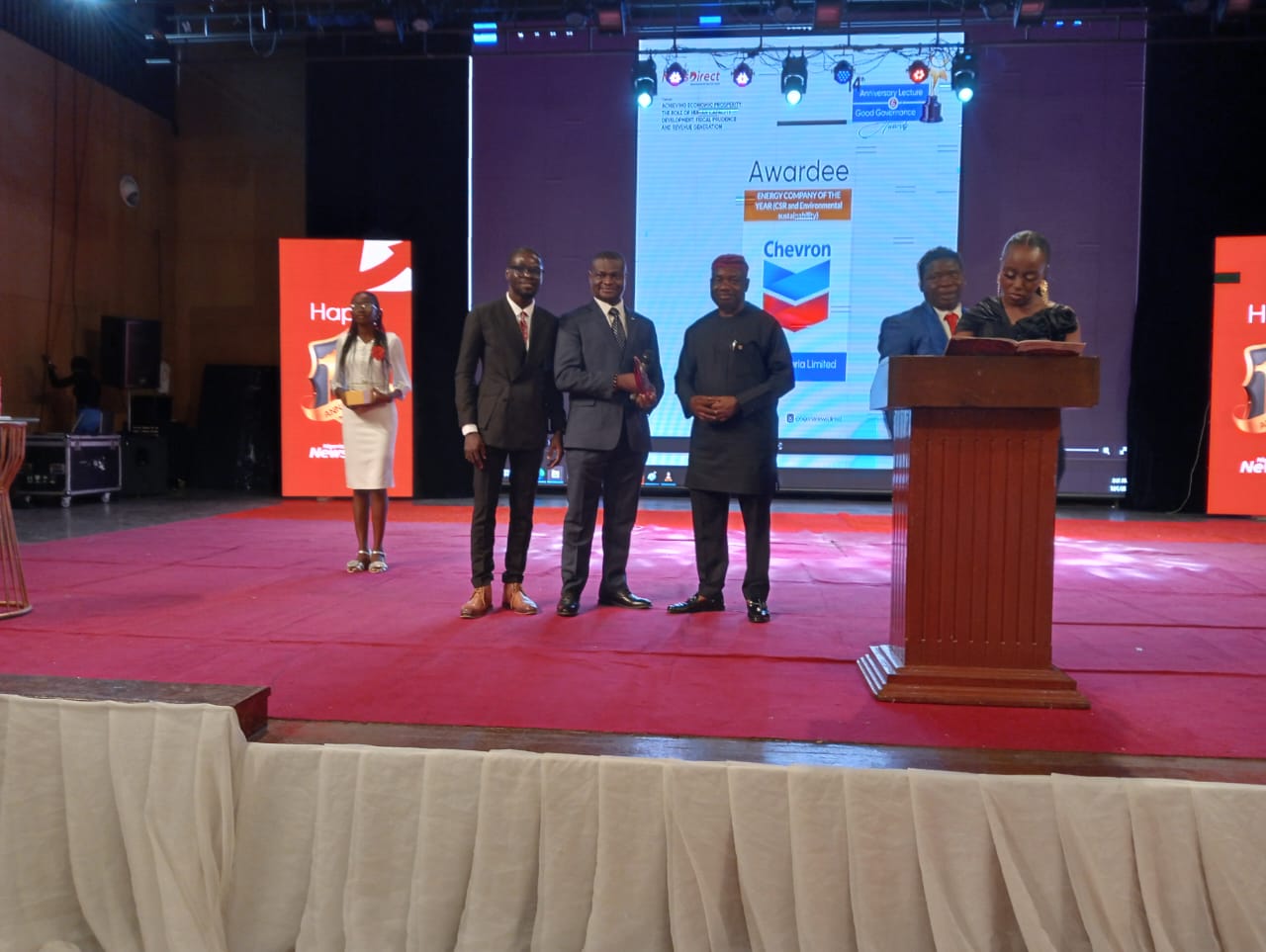Energy
Wind energy firm pleads guilty to eagle deaths

…Duke Energy’s renewables arm to pay $1 million fine for killing 14 eagles and 149 other birds.
WASHINGTON — The government for the first time has enforced environmental laws protecting birds against wind energy facilities, winning a $1 million settlement from a power company that pleaded guilty to killing 14 eagles and 149 other birds at two Wyoming wind farms.
The Obama administration has championed pollution-free wind power and used the same law against oil companies and power companies for drowning and electrocuting birds. The case against Duke Energy and its renewable energy arm was the first prosecuted under the Migratory Bird Treaty Act against a wind energy company.
“In this plea agreement, Duke Energy Renewables acknowledges that it constructed these wind projects in a manner it knew beforehand would likely result in avian deaths,” Robert G. Dreher, acting assistant attorney general for the Justice Department’s Environment and Natural Resources Division, said in a statement Friday.
 An investigation by The Associated Press in May revealed dozens of eagle deaths from wind energy facilities, including at Duke’s Top of the World farm outside Casper, Wyo., the deadliest for eagles of 15 such facilities that Duke operates nationwide. The other wind farm included in the settlement, Campbell Hill, is northwest of Casper.
An investigation by The Associated Press in May revealed dozens of eagle deaths from wind energy facilities, including at Duke’s Top of the World farm outside Casper, Wyo., the deadliest for eagles of 15 such facilities that Duke operates nationwide. The other wind farm included in the settlement, Campbell Hill, is northwest of Casper.
The Charlotte, N.C.-based Duke has a market capitalization of nearly $50 billion.
“We deeply regret the impacts of golden eagles at two of our wind facilities,” said Greg Wolf, president of Duke Energy Renewables, in a statement. “Our goal is to provide the benefits of wind energy in the most environmentally responsible way possible.”
A study in September by federal biologists found that wind turbines had killed at least 67 bald and golden eagles since 2008. That did not include deaths at Altamont Pass, an area in northern California where wind farms kill an estimated 60 eagles a year.
Until Friday’s announcement, not a single wind energy company had been prosecuted for a death of an eagle or other protected bird — even though each death is a violation of federal law.
In 2009, Exxon Mobil pleaded guilty and paid $600,000 for killing 85 birds in five states. The BP oil company was fined $100 million for killing and harming migratory birds during the 2010 Gulf oil spill. And PacifiCorp, which operates coal plants, paid more than $10.5 million in 2009 for electrocuting 232 eagles along power lines and at its substations.
Wind farms are clusters of turbines as tall as 30-story buildings, with spinning rotors as wide as a passenger jet’s wingspan. Though the blades appear to move slowly, they can reach speeds up to 170 mph at the tips, creating tornado-like vortexes.
Flying eagles behave like drivers texting on their cellphones; they don’t look up. As they scan for food, they don’t notice the industrial turbine blades until it’s too late.
The wind farms in Friday’s settlement came on line before the Obama administration drafted voluntary guidelines encouraging wind energy companies to work with the Fish and Wildlife Service to avoid locations that would impact wildlife. Companies that choose to cooperate get rewarded, because prosecutors take it into consideration before pursuing prosecution.
Once a wind farm is built, there is little a company can do to stop the deaths. Some firms have tried using radar to detect birds and to shut down the turbines when they get too close. Others have used human spotters to warn when birds are flying too close to the blades. Another tactic has been to remove vegetation to reduce the prey the birds like to eat.
As part of the agreement, Duke will continue to use field biologists to identify eagles and shut down turbines when they get too close. It will install new radar technology, similar to what is used in Afghanistan to track missiles. And it will continue to voluntarily report all eagle and bird deaths to the government.
While the settlement with Duke is a first, there could be more enforcement. The Fish and Wildlife Service is investigating 18 bird-death cases involving wind-power facilities, and about a half dozen have been referred to the Justice Department.
Energy
Dangote Partnership: MRS Urges Nigerians To Insist On N935/Litre Petrol Price Nationwide

MRS Oil Nigeria Plc, a prominent player in the Nigerian downstream oil industry, has implemented a new petrol price of N935 per litre across all its retail service stations nationwide.
The company has also called on Nigerians to monitor and report any outlets that fail to adhere to the new price structure.
Biztellers reports that this is consequent upon an announcement by the President of Dangote Industries Limited, Aliko Dangote, that the Dangote Petroleum Refinery has partnered with MRS Oil and Gas to offer petrol at N935 per litre at retail outlets, following a reduction in the ex-depot price from N970 to N899.50 per litre.
ALSO READ: Dangote Slashes PMS Price To N899.50k
It was gathered that MRS Oil Nigeria Plc has instructed all its outlets to implement the new price immediately, setting up a digital platform and monitoring team to ensure full compliance.
In a statement on Monday night, the company declared, “Petrol is now being sold at N935 at MRS Filling Stations nationwide. If you find any station not following this price, please report it. Call 08009447853 or email: NG-FMKPMGWHISTLEBLOWING@NG.KPMG.COM”
Emphasising the eco-friendly nature of its products, MRS Oil added, “We call on all petrol station owners to join MRS Oil Nigeria Plc in improving the supply chain of our beloved country, ensuring product quality and availability in every corner of Nigeria for the benefit of all Nigerians.”
In Lagos, commuters were seen queuing at MRS filling stations to purchase petrol, with many expressing their gratitude to the Dangote Petroleum Refinery and MRS Oil and Gas, urging other marketers to support the indigenous refinery rather than import off-spec products into the country.
A commuter at the MRS station at Alapere on the Lagos Ibadan Express way, Ibukun Phillips, could not hide her joy as her husband filled up their car.
“I am very happy today. This is a victory for Nigeria,” she said. “The price reduction is the best gift of the season. But beyond just the reduction, we are buying standard, eco-friendly petrol at a lower rate. My husband and I have decided we will only be using MRS from now on because we are confident in the quality of the product and supporting the economy.”
A commercial bus driver, Adio Ajibade described the price reduction as a great relief, especially during the festive season.
“The reduction is a great relief. It will reduce transportation costs and benefit Nigerians. God will continue to bless Alhaji Aliko Dangote,” he said.
A public affairs analyst and university lecturer, Dr. Tunde Akanni, said the collaboration between Dangote Petroleum Refinery and MRS Oil represents a significant step towards improving the affordability, quality, and sustainability of petroleum products in Nigeria.
According to Dr. Akanni, “this move will not only help ease the financial burden on Nigerians but also promote a more environmentally conscious approach to fuel consumption, benefitting both the economy and public health in the long term.”
Energy
FDI: Shell To Invest Billions Of Dollars On Nigeria’s Bonga North Oil Field

As a direct implication of the Federal Government’s Foreign Direct Investment drive, the Royal Dutch Shell has completed the final investment decision on the deep offshore Bonga North project in Nigeria.
Biztellers reports that the Bonga North will be a subsea tie-back to the Shell-operated Bonga Floating Production Storage and Offloading (FPSO) facility which Shell operates with a 55% interest.
Shell’s Integrated Gas and Upstream Director, Zoë Yujnovich, said, “This is another significant investment, which will help us to maintain stable liquids production from our advantaged Upstream portfolio”.
ALSO READ: OGUNCCIMA Commends Dangote Refinery’s Impact
It was gathered that the Bonga North project involves drilling, completing, and starting up 16 wells (8 production and 8 water injection wells), modifications to the existing Bonga Main FPSO and the installation of new subsea hardware tied back to the FPSO.
The company is optimistic that the project will sustain oil and gas production at the Bonga facility.
The Bonga North currently has an estimated recoverable resource volume of more than 300 million barrels of oil equivalent (boe) and will reach a peak production of 110,000 barrels of oil a day, with first oil anticipated by the end of the decade.
In addition, the Bonga North will help ensure Shell’s leading Integrated Gas and Upstream business continues to drive cash generation into the next decade.
Energy
Chevron Nigeria Bags ‘Energy Company Of The Year For Environmental Sustainability And CSR

Chevron Nigeria Limited (CNL), has received an award as “Energy company of the year (2024)” for its Environmental Sustainability and Corporate Responsibility accomplishments.
The award presented by the Nigerian News Direct newspaper, on Friday December 6, 2024, and was received by Manager Communications, Chevron Nigeria and Mid-Africa Business Unit, Victor Anyaegbudike, at a colourful event at the Grand Ballroom of the Oriental Hotel, Lagos.
ALSO READ: Stakeholders Hail NCDMB As Local Content Level Hits 56%
The organizers of the award noted that Chevron has implemented the “Protecting People and the Environment” policy, which aims at preventing injuries, illnesses, and environmental incidents. They also referenced that the company has achieved 97% gas flaring reduction in its operations in Nigeria, while implementing waste management and environmental conservation programs.
According to the media organization, Chevron Nigeria has also invested millions of dollars in community development programs, supporting education, health and economic development initiatives that have benefited thousands of people, while ensuring diversity, inclusion, and employee engagement in its business operations.
Receiving the award from the Lagos State Commissioner for Information and Strategy, Gbenga Omotosho, Anyaegbudike thanked the organizers for the honour, and reiterated Chevron’s commitment to continue to develop, affordable, reliable and ever-cleaner energy that enables human progress around the world.















